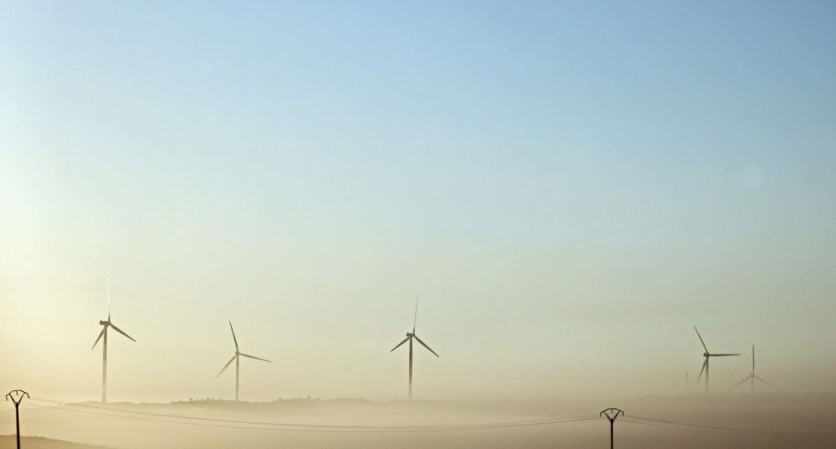According to a recent study, wind and solar energy now account for a record 24% of the European Union's power generation, a rise that has also helped the bloc combat rising inflation.
A report released by climate think tanks E3G and Ember, which was first reported by CNN, claimed that the expansion of renewable power capacity has saved the 27-nation bloc €99 billion ($97 billion) in averted gas imports between March and September.
This is an increase of €11 billion ($10.8 billion) when compared to the same period last year.

EU's Reliance on Russian Gas
The increase in renewables coincides with Europe's efforts to disassociate itself from Russian gas as Moscow limits, if not completely shuts off, the energy supplies of European countries in order to gain leverage in the ongoing conflict.
The conflict has made the EU face its hefty reliance on Russian gas, which in 2020 constituted 41% of the EU's imports of fossil fuel. Since March, the report found that 19 of the EU's 27 member nations had experienced record wind and solar generation.
Spain reported the most absolute generation rise with 7.4 terawatt hours, while Poland had the largest percentage year-over-year growth at 48.5%. The cost of imported gas was saved by Spain's renewable energy generation alone by €1.7 billion ($1.7 billion).
However, the think tanks cautioned that the bloc's potential for renewable energy is still a long road ahead. Around 20% of the electricity in the EU was still generated by fossil fuels during that period, at a cost of about €82 billion ($80.7 billion).
More Renewables, Less Inflation
From March to September of this year, wind and solar generated 345 TWh of electricity throughout the EU, which is a record growth of 13% year over year.
The main takeaway from the report is: "More renewables, less inflation."
However, the cost of energy remains high throughout Europe. According to the research, Russia's gas quotas for Europe have caused the greatest inflationary shocks in Europe since World War II, surpassing that of the oil crisis in the 1970s.
Energy prices rose 40.8% from the previous year in September 2022, contributing 36% of the EU's overall inflation figures.
According to CNN, some EU nations have announced fiscal support packages that amount to hundreds of billions of dollars to ease inflation brunts. They have also provided subsidies for the use of fossil fuels for heating even though households and businesses continue to contend with rising electric bills.
The research cautioned that governments won't be able to afford such costly initiatives "to compensate for high fossil energy prices" for a long period of time.
The rise in renewable energy generation comes after the European Commission's "RePowerEU" plan, which raised the green energy target for 2030 from 40% to 45%.
Related Article : Rondo Energy Claims Brick Toaster Heat Storage Device is Capable of Cheap, Efficient Decarbonization
This article is owned by Tech Times
Written by Joaquin Victor Tacla
ⓒ 2025 TECHTIMES.com All rights reserved. Do not reproduce without permission.




